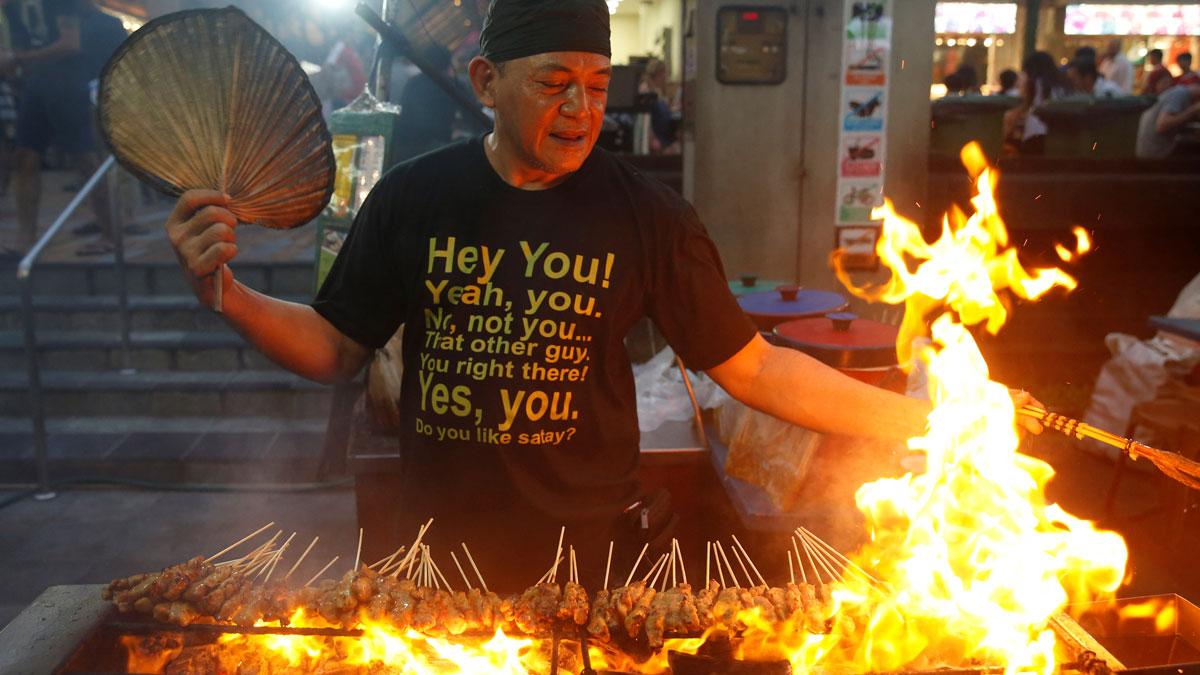A stall helper mans a satay stand at Lau Pa Sat food center in Singapore.
Singapore's beloved food hawker industry faces an uncertain future with a wave of chef retirements imminent, raising questions about who will cook the city-state's signature street-food delights.
There are more than 100 hawker center and 6,000 stalls in Singapore, run mainly by aging chefs, with people from all sections of society attracted to the tasty multi-ethnic meals that cost as little as $2.
But the tough working conditions in the small, basic kitchens and low profits have led many new chefs to look to larger, modern restaurants for bigger revenues.
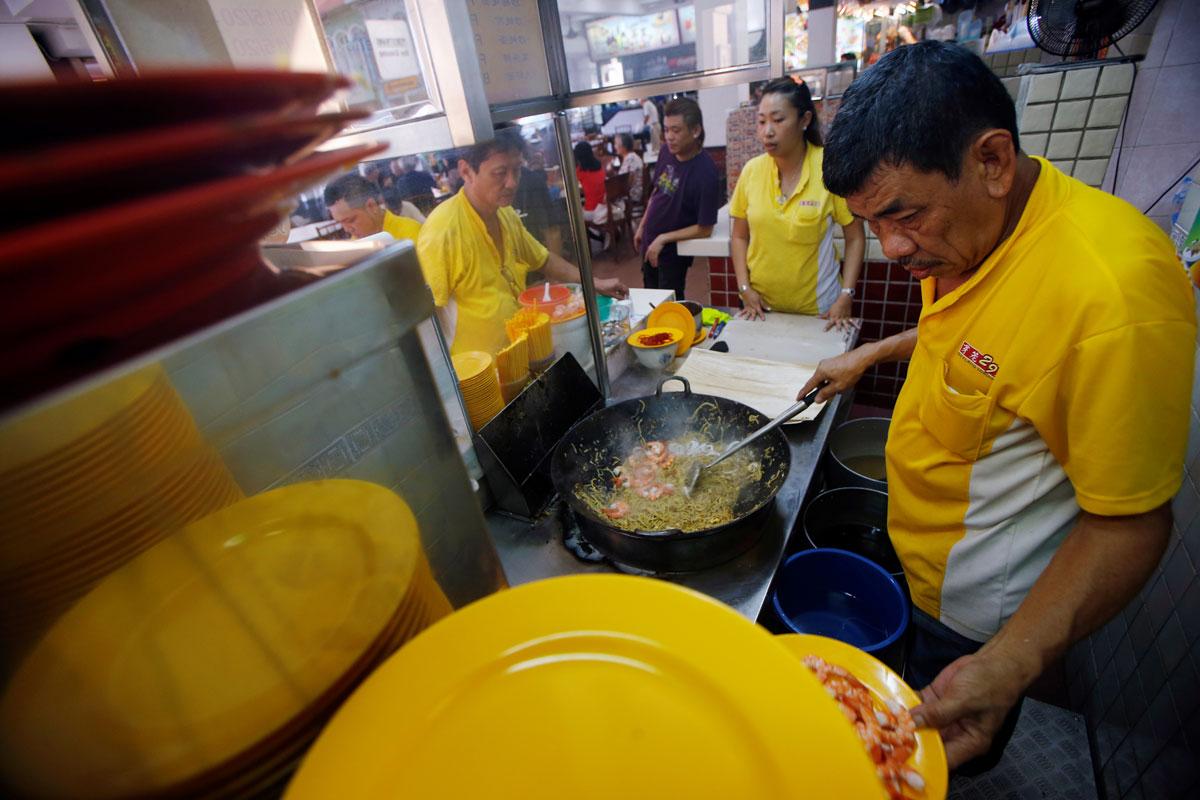
Some experienced hawker sellers in Singapore believe the younger generation don't have what it takes to succeed in the trade.
Alex See runs a Fried Hokkien Mee (fried noodles) stall in East Coast with his 33-year-old daughter.
"Young people come and go, they are not serious about learning," he said.
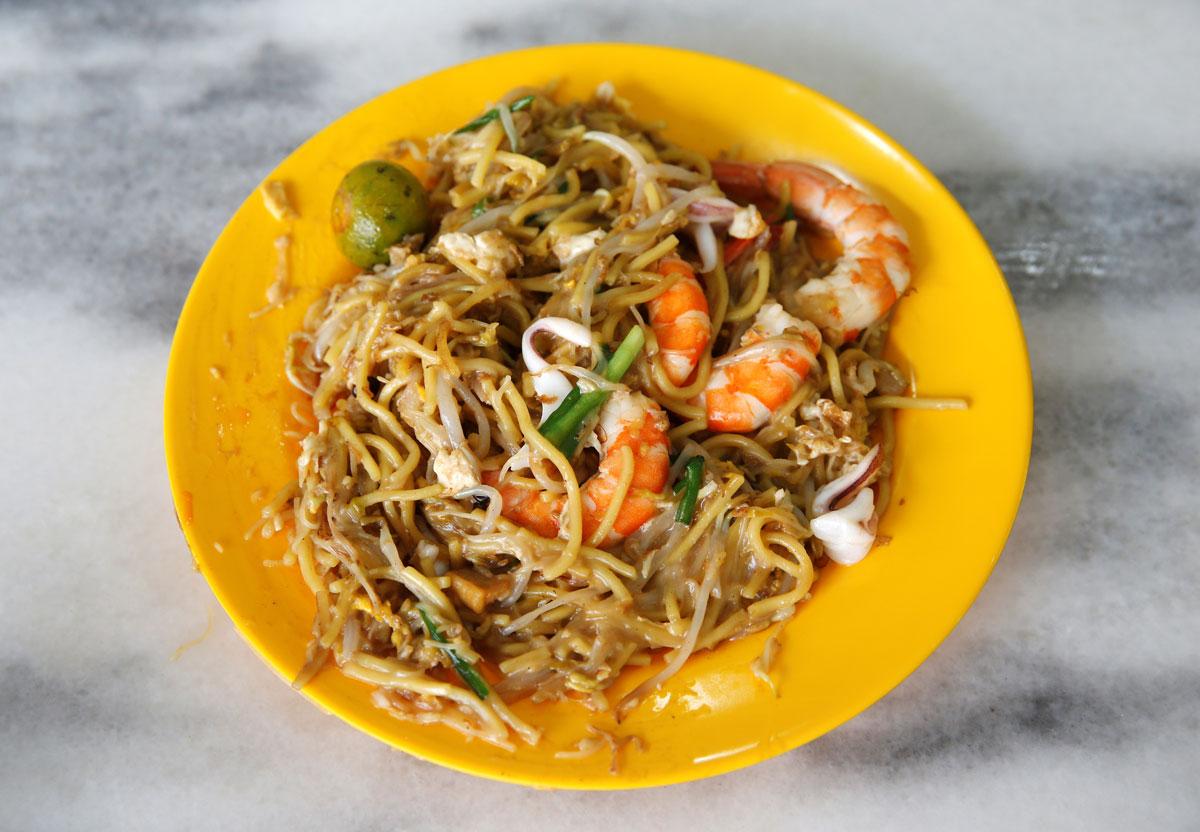
"When I was helping my father at the age of 16, I asked him so many questions every day to learn, so that I can one day beat him at it. I do not think I have beaten my old man yet, it's a tie."
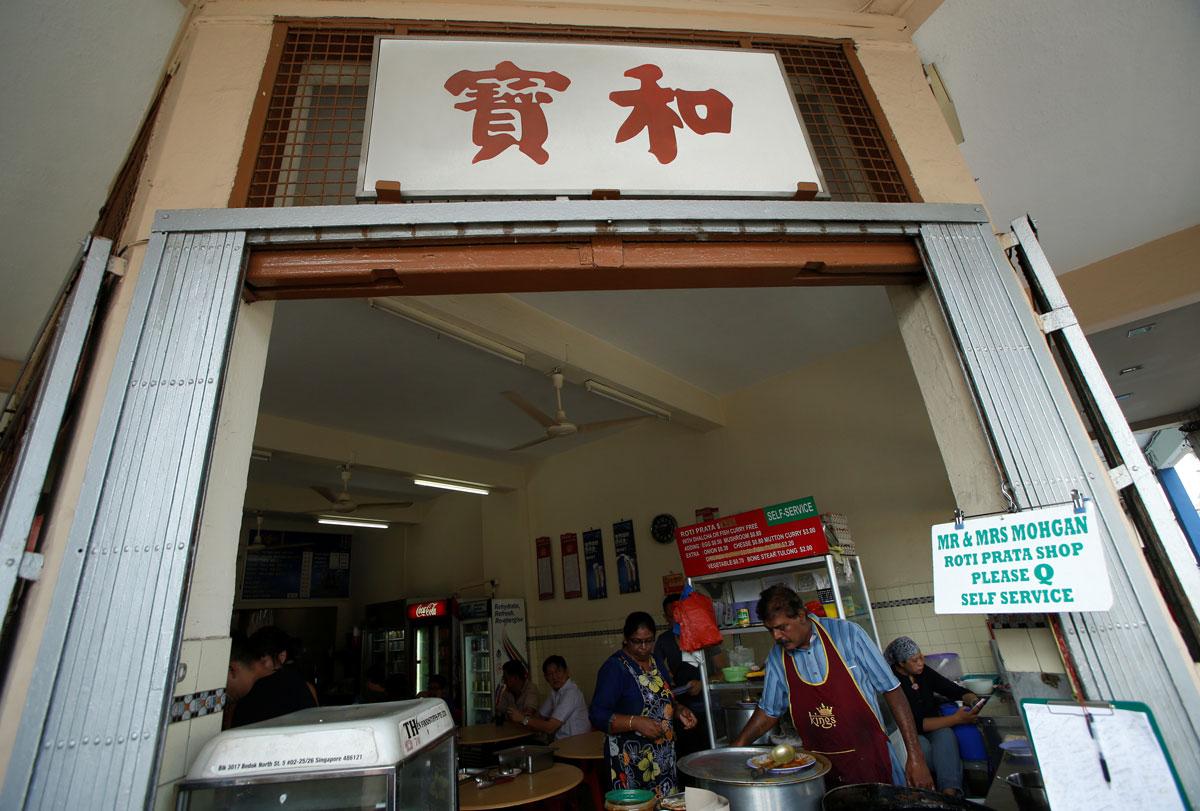
Sumosundram Moghan makes Roti Prata, a fried pancake, at his stall, but his staff, despite extensive training, still struggle to replicate his standards.
"The boss must do it — everyone can make the same dough, but the way I flip my prata gives it the crispy standard," he said.
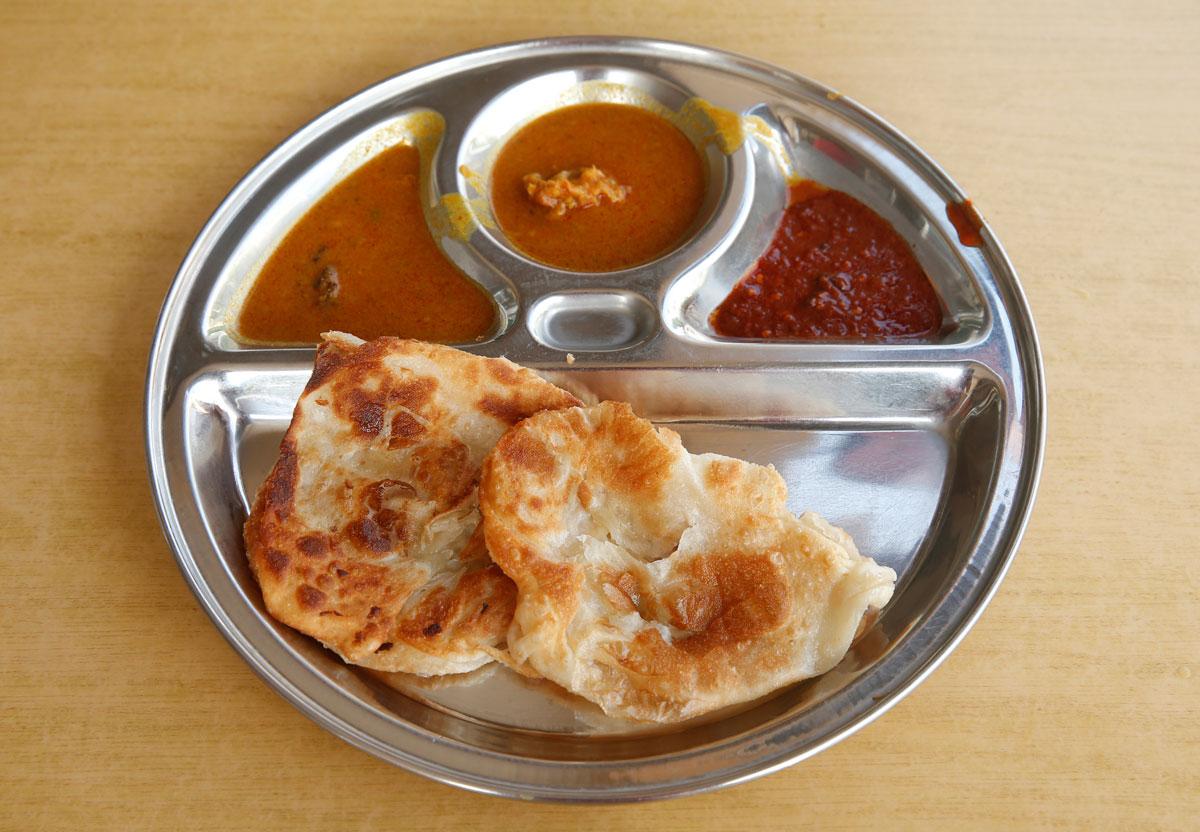
"My assistant has been learning for eight years, but still not doing the way I want it."
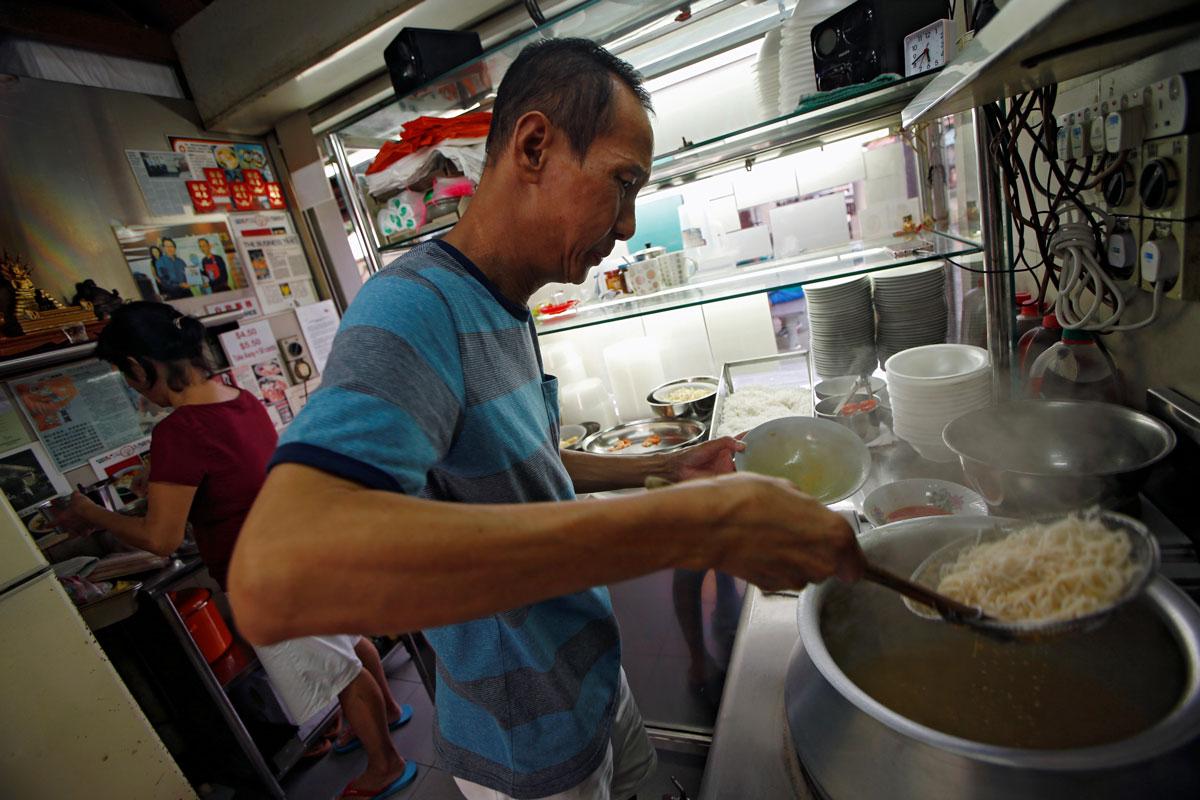
Hawker Lim Swee Heng has spent many years trying to perfect his spicy laksa noodle soup at his East Coast stall, Roxy Laksa.
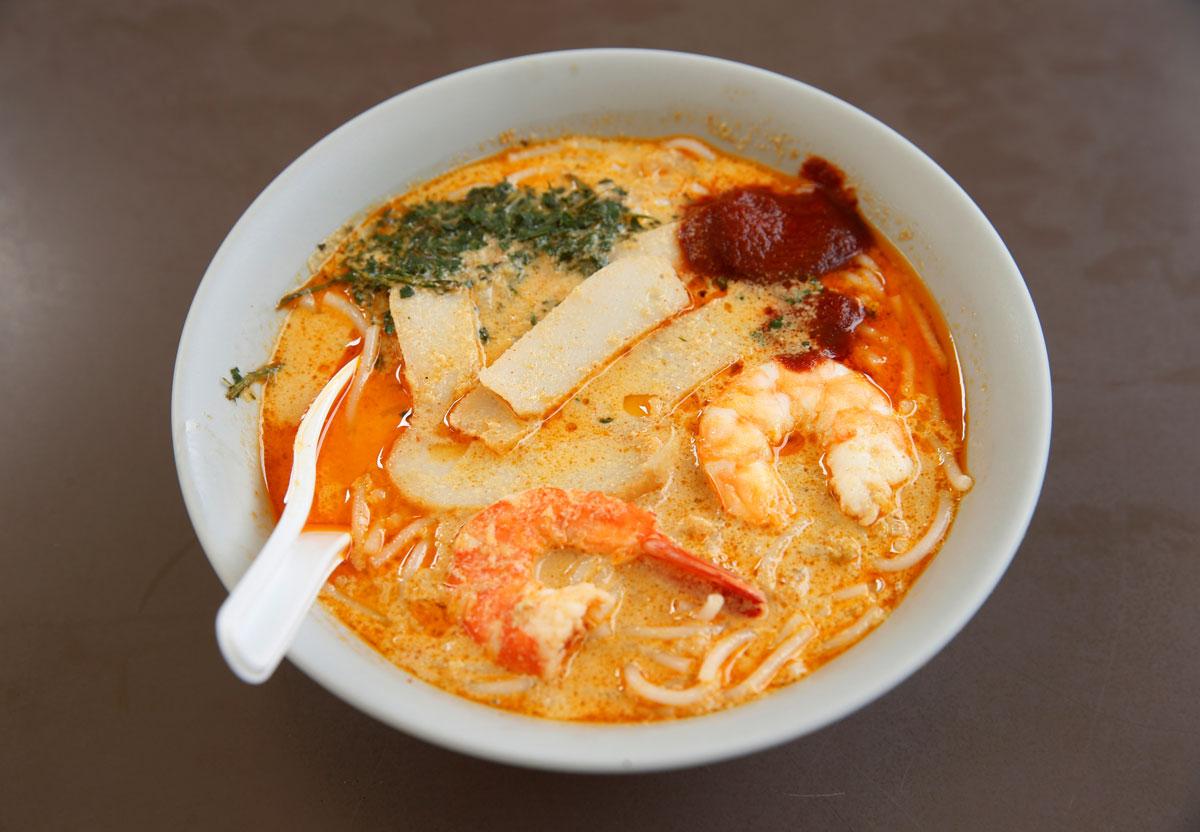
"It takes years to get the right balance to the broth, to make it thick just add coconut, to make it watery just add water, but to go in-between, to get that right balance — that's the hard work of my dish."
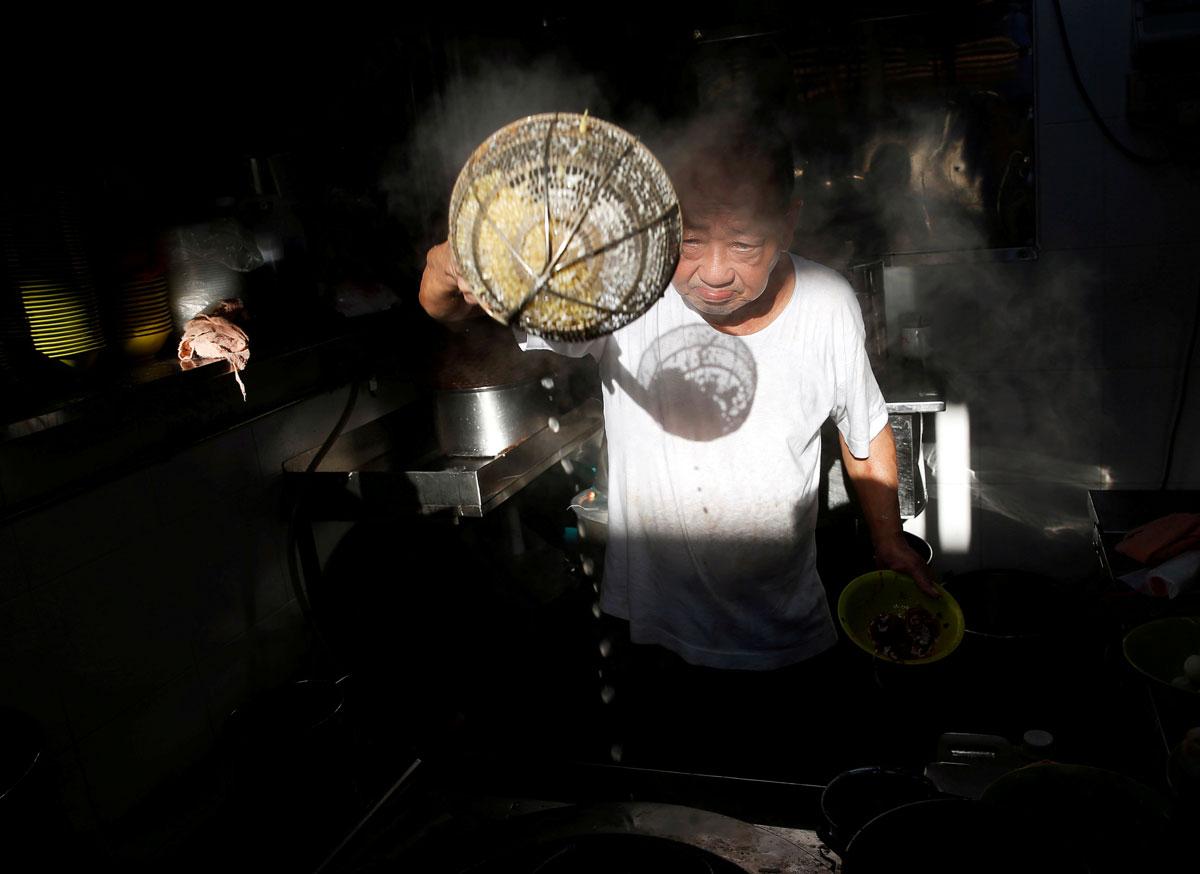
Wee Phong Sai has been making handmade fishball noodle soup for almost 40 years at Ghim Moh food market, but has no obvious successor to take over.
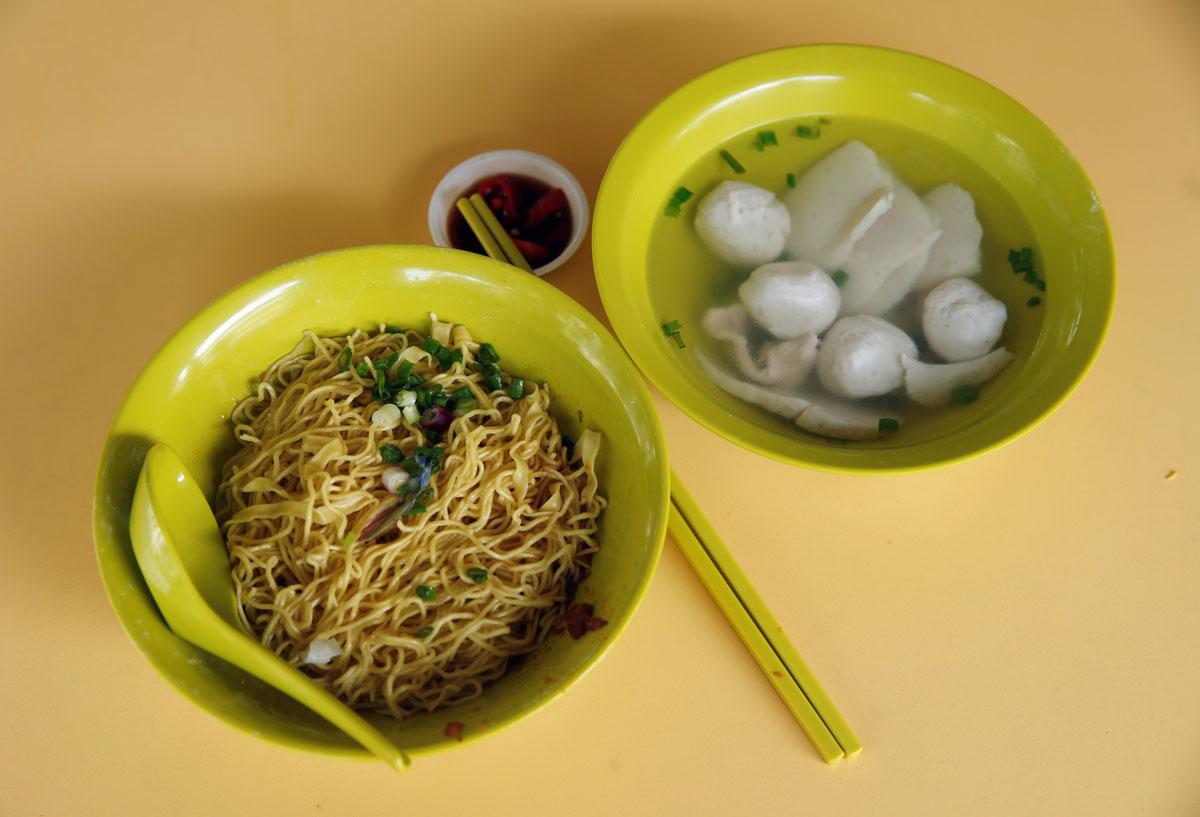
"To retire? These are two words that I will not utter," he said.
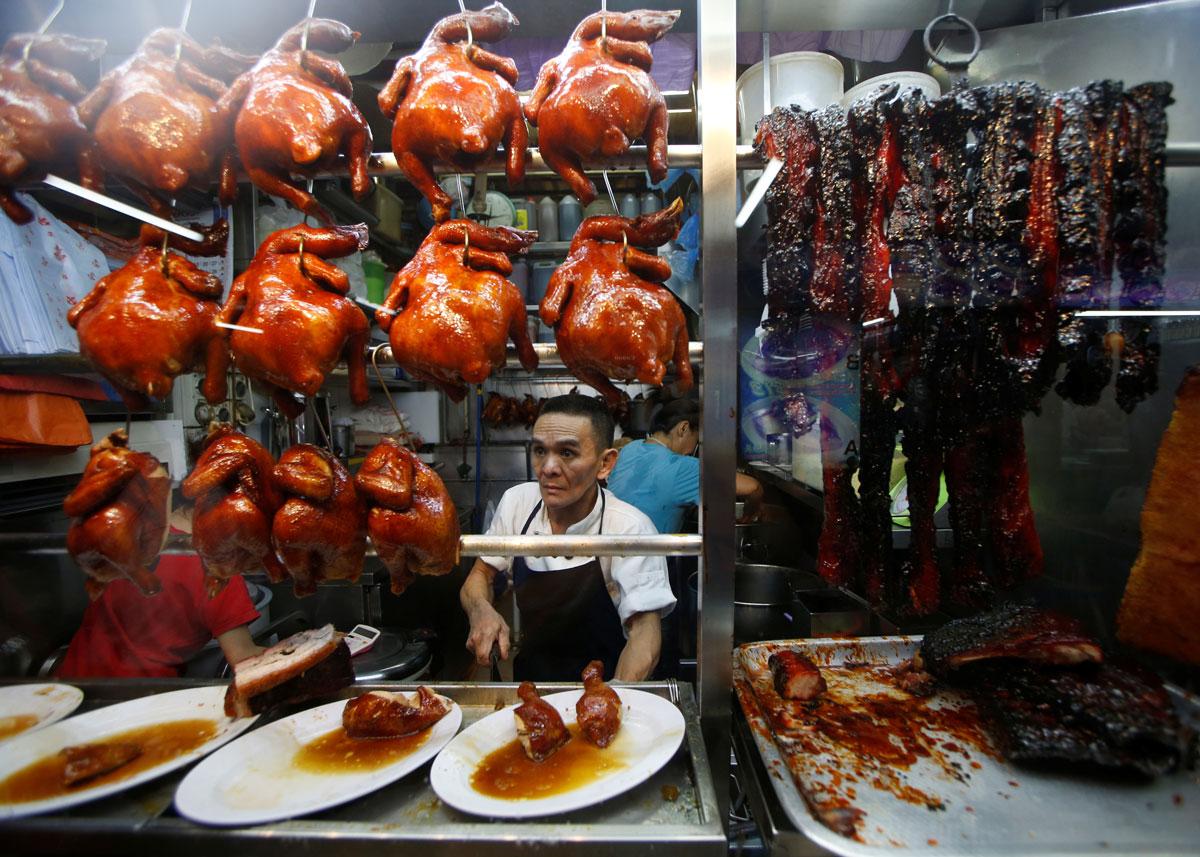
Last month, two Singapore hawkers became the first street food sellers in the world to be awarded a prestigious Michelin star. For one, success will not mean increased prices.
Chan was awarded a Michelin star for his soy sauce chicken at his Chinatown food center stall.
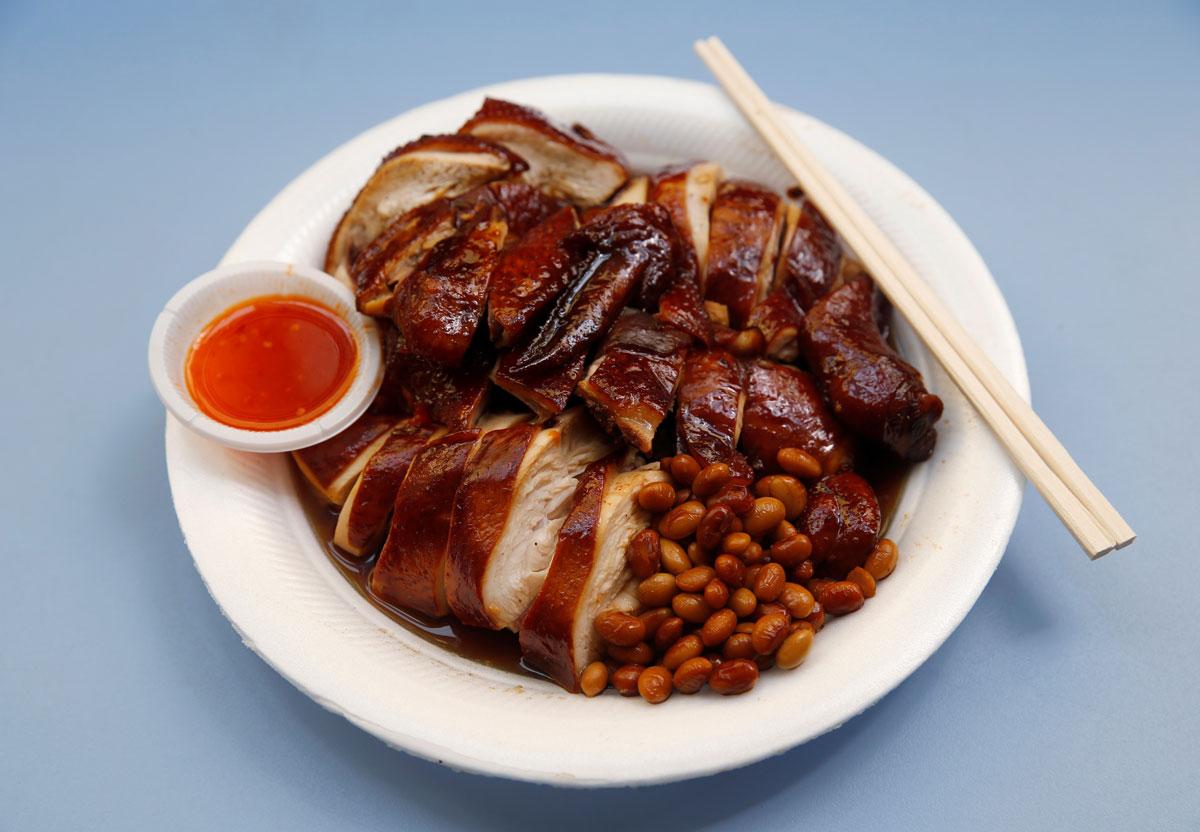
"The Michelin star came to me as a surprise, I never expected that hawker food will win such an award," he said.
"But with the Michelin star comes added responsibility, to maintain the standard of the dish and to keep the star … but I will not raise prices. At the end, it's the customer that matters."
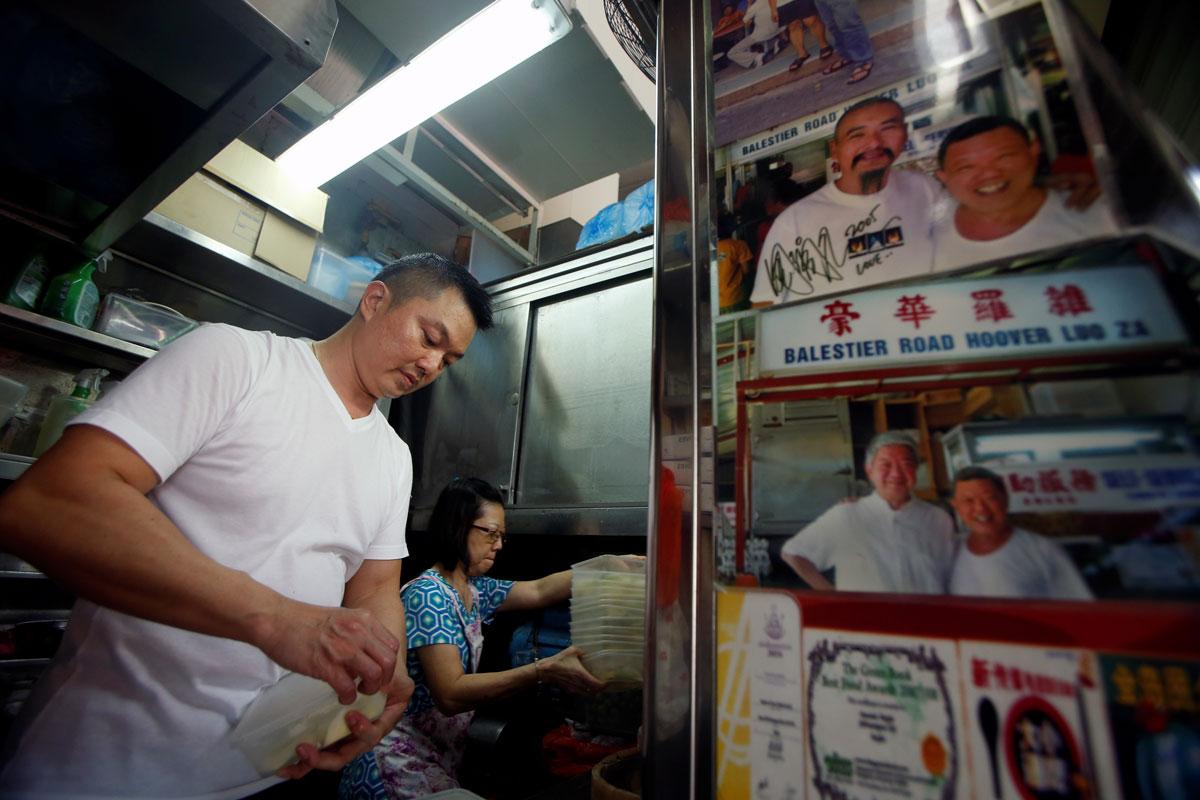
Some young hawkers are emerging, though. Keen to keep family traditions alive.
Lim runs Balesteir Road Hoover Rojak. Rojak is a traditional Malay mixed fruit and vegetable salad.
Lim gave up a sales job to take over the stall from his father and does his best to repeat the methods learnt.
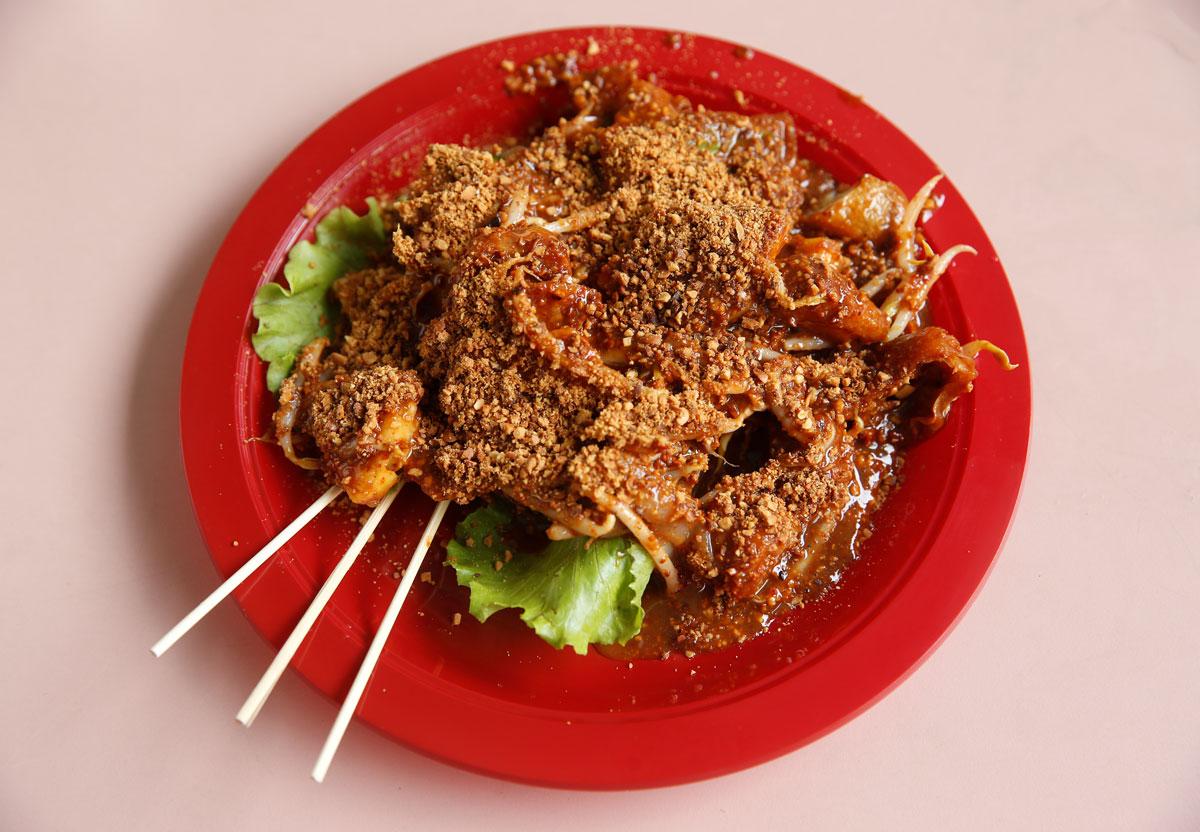
"Many hawkers here at this food center … told me to find something better outside and not be a hawker, because it's very hard work, long hours and very little rest," he said.
"But I took over for my father three years ago because he was getting old. I do everything exactly as he does, including how I arrange my utensils."
